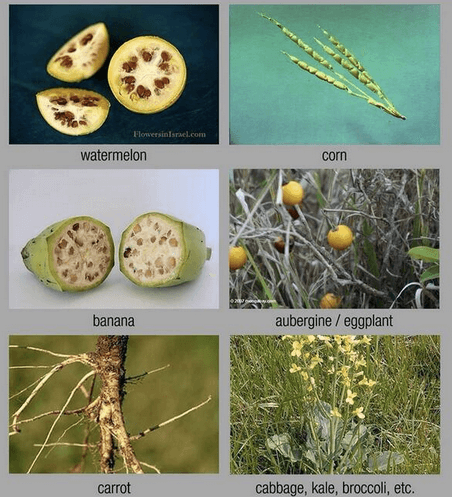Hello, this is my first post.
Thank you in advance for your responses.
Ive been increasingly concerned with the water quality in my drought stricken state, and after all the recent news of government mishaps of purposely contaminating drinking water, I wanted to ask some of the biochemists in this forum if they can give me a good answer.
I do some basic filtration of water for brewing but obviously this does not remove the elements that are dissolved in water, like fluoride.
I've long suspected that yeasts actually absorb a large amount of these elements in water and the majority of contaminants hopefully end up in the sediment and lees that, in turn, get dumped after the fermentation process.
I did some research on this, and I found that yeasts are in fact "Biosorbent".
Which means they are very efficient at filtering water, and work the same way as the bacteria used in water filtration plants.
This hopefully means the water in beer is much cleaner than filtered water from the tap. Is this correct? Does anyone know of any tests that have been performed on water chemistry before and after brewing? Is there any evidence to support this claim?
Obviously this has nothing to do with the "medieval beer is cleaner than drinking water" debate, because that subject is about viral and bacteria contaminated water, not water contaminated with fluoride or heavy elements (lead, mercury, etc), which is the topic of this post.
P.S. I did some searching on the forum already, but most of the topics were concerning how the chemistry of water affects the fermentation process, not about how the fermentation process affects the chemistry of beer. I hope I'm not stepping on some other post about the same subject.
Thank you
-Kenny
For reference, I found a research paper with a good abstract heading.
https://www.researchgate.net/publication/14395068_Brewery_yeast_as_a_biosorbent_for_uranium
Thank you in advance for your responses.
Ive been increasingly concerned with the water quality in my drought stricken state, and after all the recent news of government mishaps of purposely contaminating drinking water, I wanted to ask some of the biochemists in this forum if they can give me a good answer.
I do some basic filtration of water for brewing but obviously this does not remove the elements that are dissolved in water, like fluoride.
I've long suspected that yeasts actually absorb a large amount of these elements in water and the majority of contaminants hopefully end up in the sediment and lees that, in turn, get dumped after the fermentation process.
I did some research on this, and I found that yeasts are in fact "Biosorbent".
Which means they are very efficient at filtering water, and work the same way as the bacteria used in water filtration plants.
This hopefully means the water in beer is much cleaner than filtered water from the tap. Is this correct? Does anyone know of any tests that have been performed on water chemistry before and after brewing? Is there any evidence to support this claim?
Obviously this has nothing to do with the "medieval beer is cleaner than drinking water" debate, because that subject is about viral and bacteria contaminated water, not water contaminated with fluoride or heavy elements (lead, mercury, etc), which is the topic of this post.
P.S. I did some searching on the forum already, but most of the topics were concerning how the chemistry of water affects the fermentation process, not about how the fermentation process affects the chemistry of beer. I hope I'm not stepping on some other post about the same subject.
Thank you
-Kenny
For reference, I found a research paper with a good abstract heading.
https://www.researchgate.net/publication/14395068_Brewery_yeast_as_a_biosorbent_for_uranium



